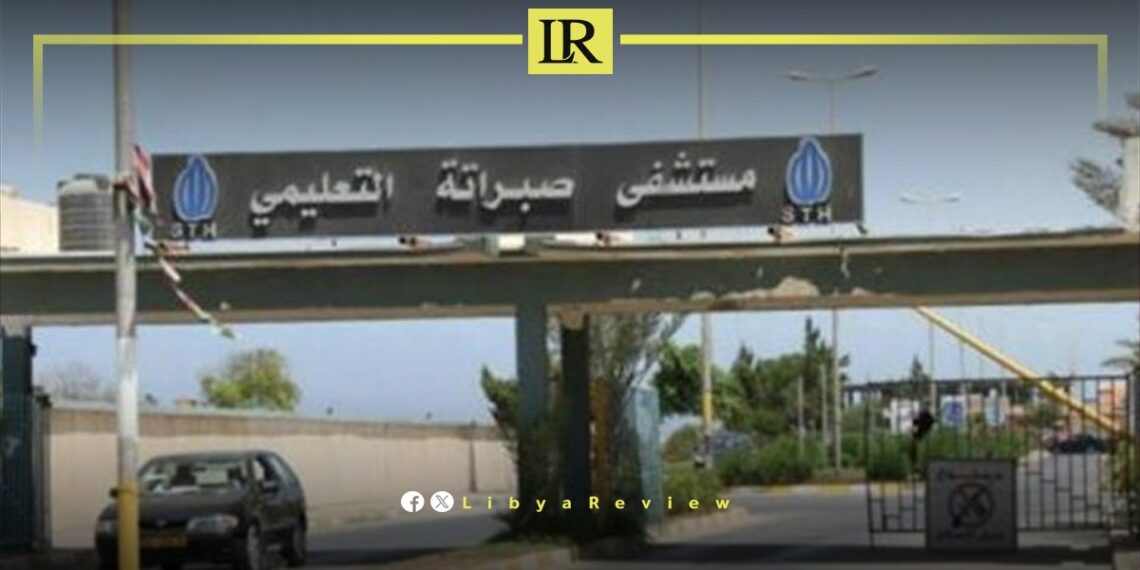The director of Sabratha Hospital in Libya, Osama Al-Duhair, has reported that the hospital’s morgue is overwhelmed with the bodies of dozens of migrants found on the city’s shores in recent days.
In a press statement, Al-Duhair highlighted the increasing struggles faced by the hospital. “The hospital’s challenges are worsening due to a lack of allocated budget, shortage of medicines, and the absence of new departments or expansions since the 1980s,” he said.
He added that the number of patients visiting the hospital exceeds a thousand daily, especially with the shutdown of hospitals in surrounding areas, forcing the medical team to operate far beyond its capacity.
“Kidney patients are suffering due to a shortage of supplies, and we’ve had to reduce dialysis sessions from three times a week to twice,” he noted.
Al-Duhair urged the government, the Ministry of Health, and the Central Bank of Libya (CBL) to release the hospital’s allocated budget of 8 million dinars, of which less than half has been received.
He noted that approximately 60,000 dinars are spent monthly on oxygen supplies. Furthermore, around 400 medical staff at the hospital have not received their salaries for nearly three years.
Earlier this month, the United Nations Support Mission in Libya (UNSMIL) has announced its ongoing initiatives to provide essential health services to the Libyan population.
According to a statement released by UNSMIL, Assistant Secretary-General, Resident and Humanitarian Coordinator for Libya Georgette Gagnon visited Ghadames General Hospital. During her visit, Gagnon met with healthcare workers and discussed the challenges they face in delivering medical services to everyone in the region.
The statement further detailed, “The United Nations in Libya is collaborating with the government and local healthcare providers, along with community groups, to enhance health services for the benefit of all across Libya.”
This initiative is part of a broader effort by the international community to support Libya in stabilizing and improving its public health infrastructure, ensuring that all Libyans have access to necessary medical care amidst ongoing national challenges.


